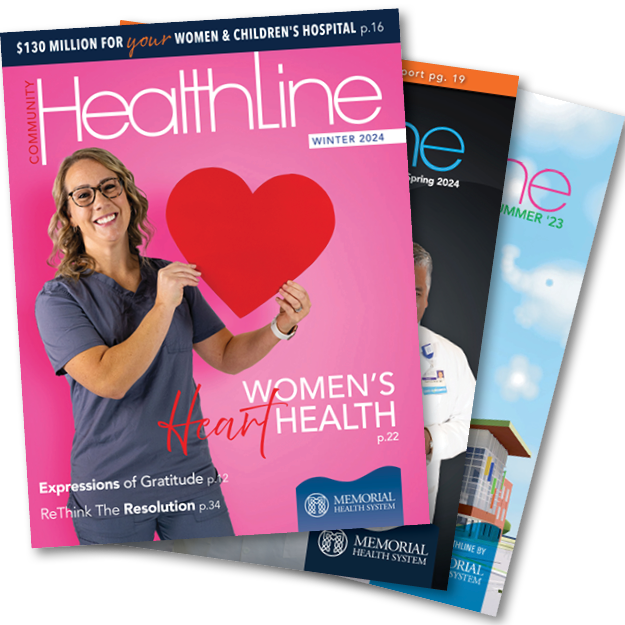Vitamin D toxicity: What if you get too much?
![]() February, 21st, 2025
February, 21st, 2025
Question
What is vitamin D toxicity? Should I be worried about taking supplements?
Summary
Understand the risks of taking high doses of this vitamin in supplement form.
Answer
, Answer Section, ,
Vitamin D toxicity is a rare condition that happens when too much vitamin D is in the body. The condition can have serious effects on health. Another name for it is hypervitaminosis D.
Cause of vitamin D toxicity
Vitamin D toxicity usually is caused by taking large doses of vitamin D supplements.
You’re not likely to get this condition from eating the few foods that naturally have vitamin D in them. These include fatty fish, some mushrooms and egg yolks. Even items with added vitamin D, such as cow’s milk, don’t have large amounts of the vitamin in them.
Experts also don’t think you can get vitamin D toxicity from sun exposure. The skin makes vitamin D in response to the sun’s rays. But the body controls the amount of vitamin D made this way.
Health effects of vitamin D toxicity
The main concern of vitamin D toxicity is a buildup of calcium in the blood. This is called hypercalcemia. Hypercalcemia can cause upset stomach and vomiting, weakness, and frequent urination. It also can lead to bone pain and kidney troubles such as kidney stones.
Treating vitamin D toxicity
Treatment for vitamin D toxicity includes stopping use of vitamin D supplements. You also may need fluids given through a vein for hydration. Your healthcare professional may prescribe medicines such as corticosteroids or bisphosphonates to lower calcium levels in your blood.
Follow any recommendations from your healthcare team on limiting foods and drinks that have calcium in them.
Preventing vitamin D toxicity
To help prevent vitamin D toxicity, don’t take more than 4,000 international units (IU) a day of vitamin D unless your healthcare professional tells you to. Most adults need only 600 IU of vitamin D a day.
Sometimes, healthcare professionals prescribe doses higher than 600 IU. This may be done to help treat health conditions such as low levels of vitamin D. You take the higher doses for a set amount of time. And your healthcare team checks your blood levels of calcium and vitamin D during that time.
Talk with your healthcare professional before taking vitamin and mineral supplements. That way, you can find out if a supplement is safe for you.
© 1998-2025 Mayo Foundation for Medical Education and Research (MFMER). All rights reserved. Terms of Use



